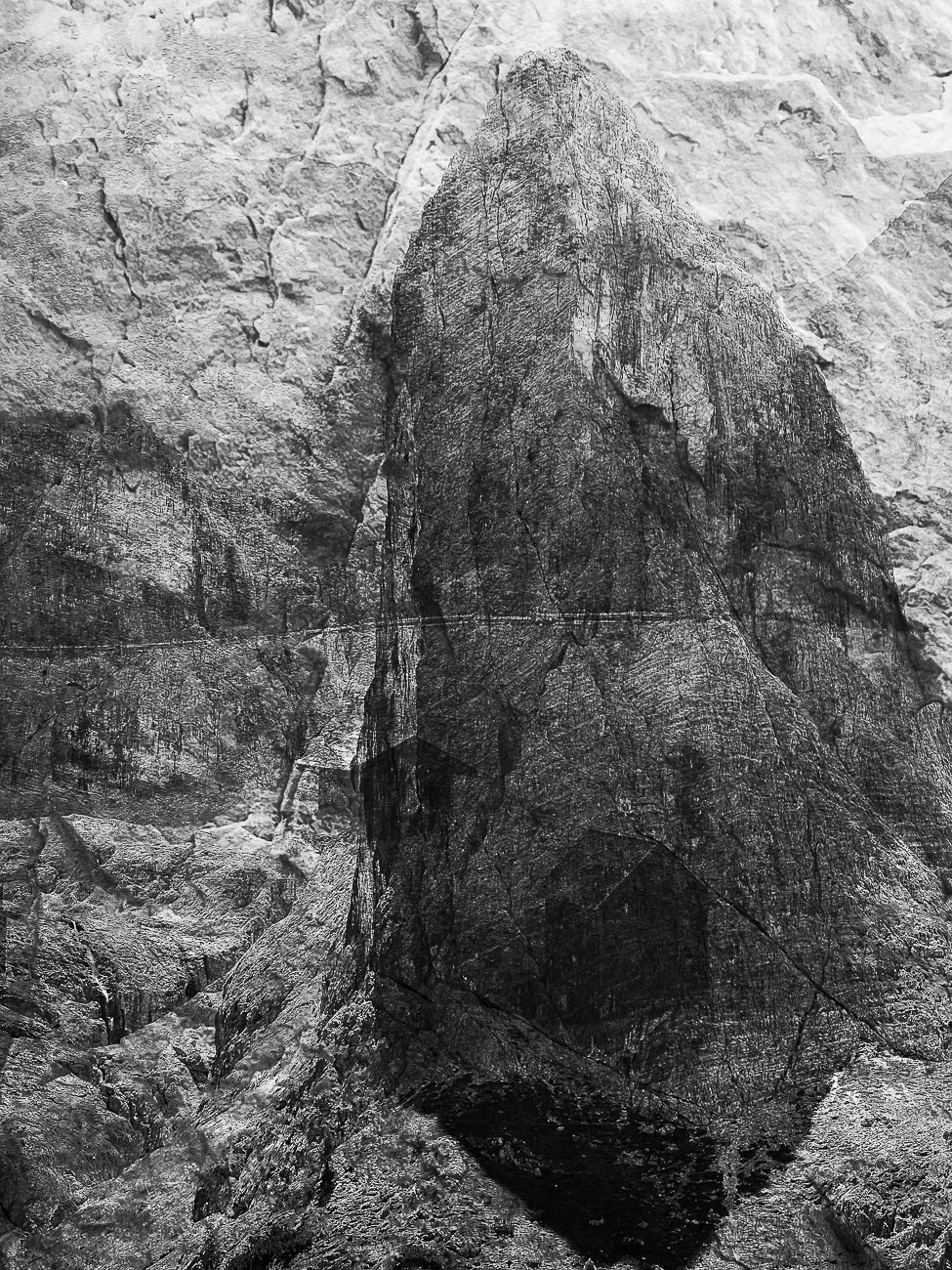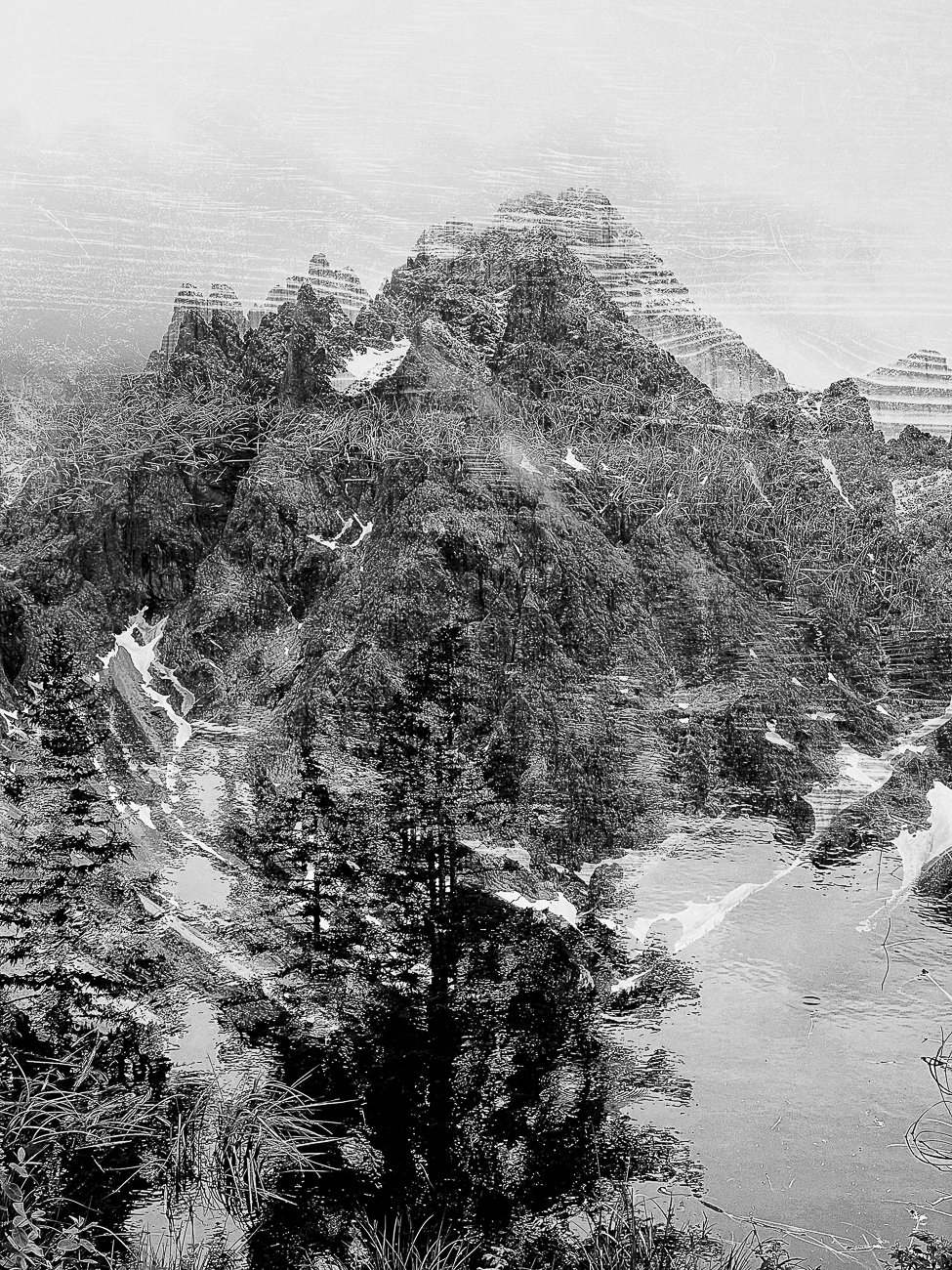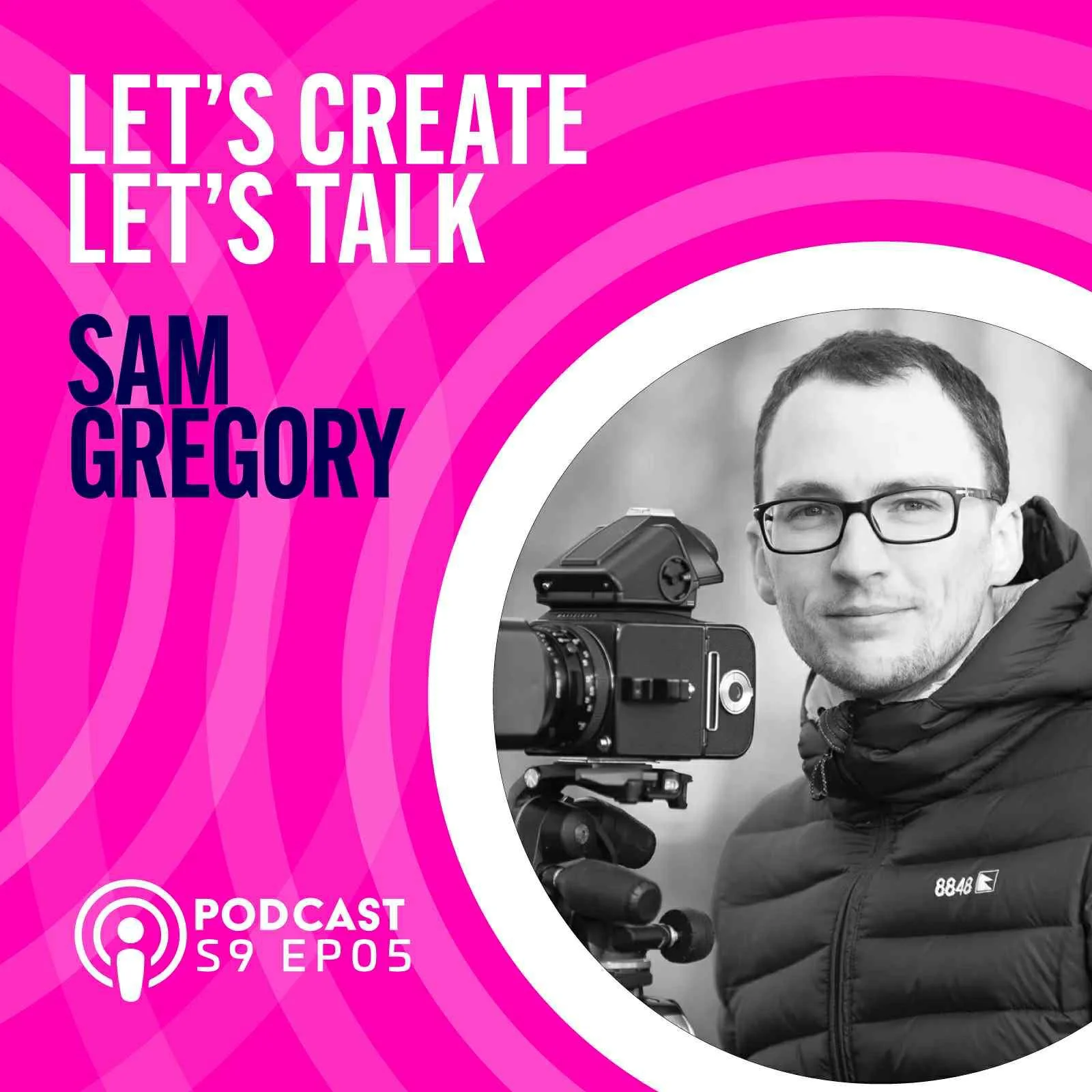The Verdict:
Boasting an improved sensor based on the newest Canon design this 6D MKII 'should' possibly give me more detail and more dynamic range and quality. I will never know this without buying it though, and that's a bit of a problem. I could possibly hire one for a few days but it always feels like money you could have invested in buying. Will it improve my compositions? Will it enthuse my creative juices and expand my artistic vision? No, is the blunt answer but we mustn't be too harsh, the kit needs to be good enough to help us realise and execute our aesthetic vision.
The new 6D MKII also has an ISO to 102,400 (expanded) so when I get booked to shoot that series of gigs in a cave with candle lighting I should be ready to rock...I won't hold my breath, we all know that once you go past around 6400 things start getting a bit sketchy. It also features a 45 point AF system - as someone who only ever uses the central point, and actually more often than not I use manual focus, I really can't get excited about this for landscape & outdoor photography. I'm not shooting birds, or formula 1, and on the odd occasion I've had to do commercial shoots with people I've found the 6D to be perfectly capable as it is.
The final main tech change (at a glance) is the articulated screen. I must admit on occasion, when in a tight or uncomfortable spot and I'm precariously balanced on a rock by the sea or similar I could find this useful, also when shooting video it can be preferential - but it's not a deal breaker.
2. Go on a Workshop or Tour
Depending on who you go with I reckon £2k could get you a 4-6 day workshop to a fairly interesting location. Just looking around briefly it could take you to:
- New York (Light & Land): Charlie Waite & Paul Sanders (sadly fully booked for 2017!)
- Isle of Harris (Bruce Percy): Mentoring workshop (also fully booked for 2017!)
- Tuscany (David Clapp): At £1,649 you've got some spare spending money!
- South Africa (Alex Nail): Get off the beaten track and have an adventure!
These are just some quick examples but all are in great locations, and most importantly are with experienced photographers and leaders, whether you're looking for classic landscapes, cityscapes or a slice of adventure. There are many options out there so do explore!




















